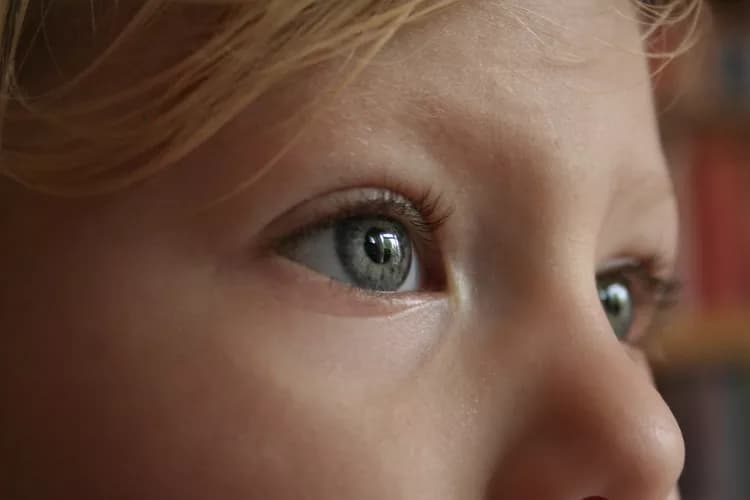
Steady Decrease In Severe Health Problems For Childhood Cancer Survivors
CHICAGO – Treatments for childhood cancer are often intense and carry the risk of lifelong health problems for survivors. An analysis of 23,600 childhood cancer survivors in the Childhood Cancer Survivor Study (CCSS), funded by the National Institutes of Health, found that the rate of severe health problems occurring five or more years after diagnosis has declined over time.
The study will be featured in a press briefing today and presented at the 2017 American Society of Clinical Oncology (ASCO) Annual Meeting.
The rate of such problems by 15 years after diagnosis was 8.8% among survivors diagnosed in the 1990s, but 10.1% among those diagnosed in the 1980s and 12.7% among those diagnosed in the 1970s. The largest decreases over three decades occurred among survivors with Wilms’ tumor (43%) and Hodgkin lymphoma (25%).
Advances in treatment and supportive care have improved the five-year survival rate after childhood cancer diagnosis, from 58% in the 1970s to 84% today. A previous report from the CCSS showed that changes in treatment over three decades lowered the chance of dying from late effects of therapy among childhood cancer survivors by 6.4%.1
“Our analysis marks the first comprehensive assessment of changes in the rates of chronic health complications over time in a large group of cancer survivors,” said lead study author Todd M. Gibson, PhD, an Assistant Member at St. Jude Children’s Research Hospital in Memphis, TN. “From our findings, it is clear that survivors diagnosed and treated in more modern treatment eras are doing better. Not only are more children being cured, but they also have lower risk for developing serious health problems due to cancer treatment later in life.”
About the Study
Researchers analyzed data from the CCSS, which uses periodic surveys to explore long-term health outcomes in survivors of childhood cancer who were diagnosed between 1970 and 1999 and survived at least five years after diagnosis.This analysis focused on the incidence of severe, disabling, life-threatening or fatal health problems arising within 15 years of childhood cancer diagnosis. The median patient age was 28 years, with a median of 21 years from diagnosis. The researchers gathered information about the health problems from surveys (self-reported data) and from the National Death Index, for cases where survivors died as a result of late effects of treatment.
Key Findings
The 15-year cumulative incidence of severe health conditions decreased from 12.7% among childhood cancer survivors diagnosed in the 1970s to 10.1% and 8.8% among those diagnosed in the 1980s and 1990s, respectively.By cancer type, over the three decades the occurrence of severe health problems by 15 years after diagnosis decreased from:
- 13% to 5% among survivors of Wilms’ tumor (a rare kidney cancer)
- 18% to 11% among survivors of Hodgkin lymphoma
- 15% to 9% among survivors of astrocytoma (the second most common childhood cancer)
- 10% to 6% among survivors of non-Hodgkin lymphoma
- 9% to 7% among survivors of acute lymphoblastic leukemia (the most common childhood cancer)
However, researchers found no reductions in severe health problems among survivors of other types of childhood cancers, such as neuroblastoma, acute myeloid leukemia (AML), soft-tissue sarcoma, and osteosarcoma.
The greatest reductions were found in the incidence of endocrine conditions (4% in the 1970s vs. 1.6% in the 1990s) and new cancers (2.4% in the 1970s vs. 1.6% in the 1990s), followed by gastrointestinal conditions and neurological conditions. The rates of heart or lung conditions did not change.
“We were a little surprised that the incidence of severe cardiovascular disease did not decrease, knowing that deaths from cardiovascular disease dropped among survivors in recent decades,” said Dr. Gibson. “This is a reminder that survivors continue to have an increased risk for serious health problems compared to the general population and need to be followed closely.”
Next Steps
The researchers plan to delve deeper into specific health conditions, beyond the broad categories captured in this analysis. They would also like to follow survivors beyond 15 years after diagnosis and explore how late treatment effects intersect with aging.This study was funded by the National Institutes of Health.
View the full abstract.
Materials provided by American Society of Clinical Oncology. Note: Content may be edited for style and length.
Disclaimer: DoveMed is not responsible for the accuracy of the adapted version of news releases posted to DoveMed by contributing universities and institutions.
Related Articles
Test Your Knowledge
Asked by users
Related Centers
Related Specialties
Related Physicians
Related Procedures
Related Resources
Join DoveHubs
and connect with fellow professionals

0 Comments
Please log in to post a comment.